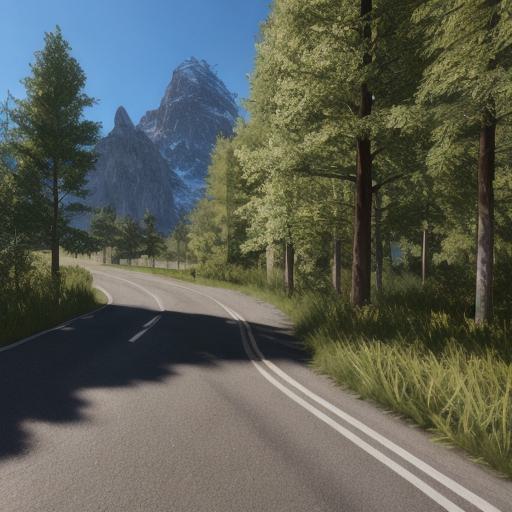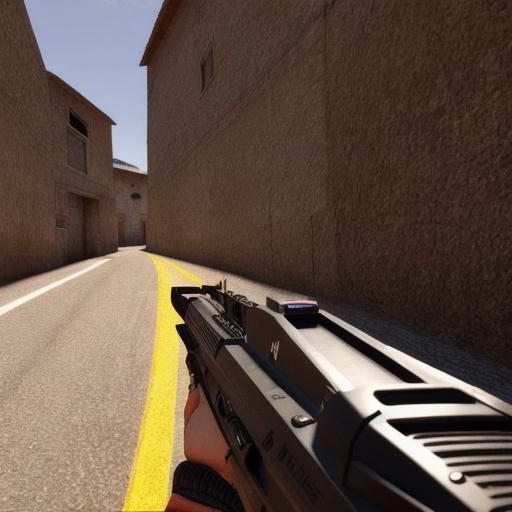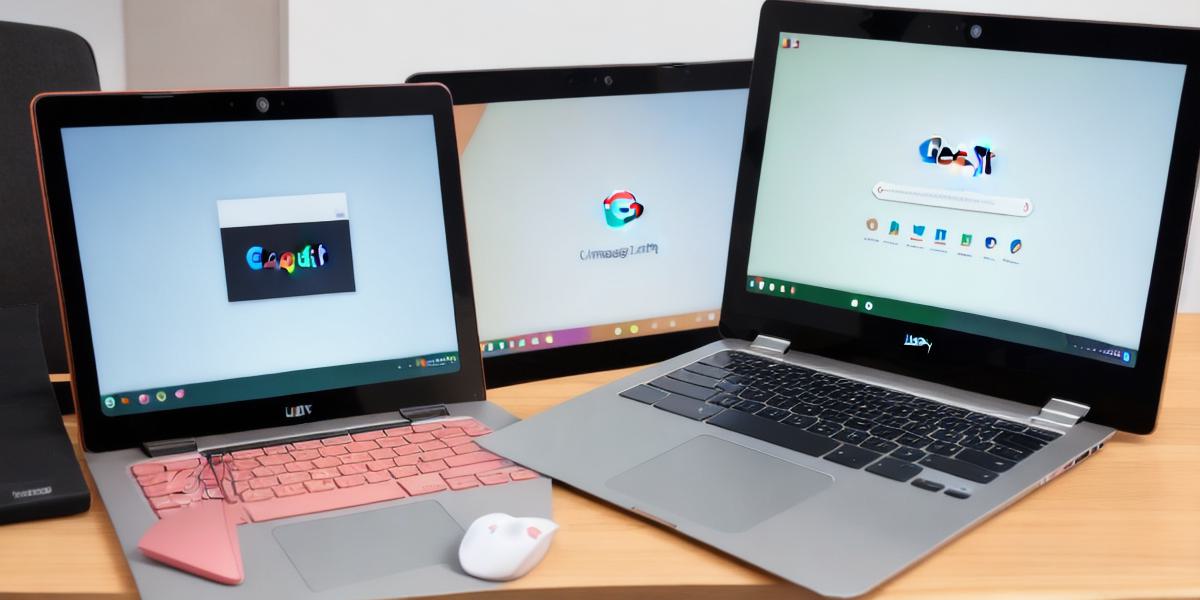Introduction
Web developers looking to expand their horizons and explore game development may find themselves intrigued by Unity, a versatile cross-platform game engine. However, Unity’s system requirements can seem daunting, especially when it comes to running the software on Chromebooks. In this comprehensive guide, we will discuss how to develop Unity games on a Chromebook and debunk common misconceptions.
**Why Choose Unity for Game Development?
**
Unity is a popular choice among developers due to its powerful features, vast community, and flexibility. It supports 2D and 3D game development, offers integrated tools for animations, physics, AI, and more. Unity’s asset store provides a wealth of resources, from pre-built assets to tutorials, making it an attractive option for both beginners and professionals.

**System Requirements and Limitations**
Unity requires significant processing power and graphics capabilities, which can pose challenges when running on Chromebooks due to their limited hardware. However, there are alternatives: Unity WebGL and Unity Editor for Linux.
* **Unity WebGL:**
This is a web-based version of Unity that runs in the browser, removing the need for installation or local resources. However, it has limitations in terms of performance and functionality compared to the full editor.
* **Unity Editor for Linux:**
Although officially not supported by Unity Technologies, some developers have successfully installed the Unity Editor on Linux distributions like Ubuntu and Debian. Chromebooks can run these distributions using virtualization software or in container environments like LXC or Docker.
**Setting Up Your Development Environment: A Step-by-Step Guide**
* **Installing an Ubuntu or Debian distribution:** Follow the instructions provided by your chosen Linux distribution to download and install it on your Chromebook using either Crouton (for Chromium OS) or the official installation media.
* **Setting up Unity WebGL:** Visit the Unity Hub website, sign in with your account, and download the latest version of the hub. Once installed, use the hub to add a new project using the Unity WebGL template. You can then develop and test your game directly from the browser.
* **Installing the Unity Editor for Linux:**
Install virtualization software like VirtualBox or Wine, follow the instructions provided by Unity Technologies to download and install the editor, and configure it to run on your Chromebook’s Linux distribution.
**Conclusion**
Developing Unity games on a Chromebook is not only possible but also provides an opportunity for web developers to expand their skill set and explore new avenues in game development. Though there are challenges, such as hardware limitations and compatibility issues, the use of alternative solutions like Unity WebGL and the Linux distribution setup enables web developers to create engaging and interactive games using this powerful engine.
**FAQs**

**Question:**
What is the best way to develop Unity games on a Chromebook?
Answer: The most suitable methods for developing Unity games on a Chromebook are Unity WebGL and setting up the Unity Editor for Linux using virtualization software or container environments.
**Question:**
Can I develop high-performance 3D games using Unity WebGL on a Chromebook?
Answer: While you can create 3D games with Unity WebGL, performance may not be up to par with the full editor due to the browser’s limitations. For high-performance projects, consider using the Unity Editor for Linux setup.
**Question:**
What are some resources to help me get started with developing Unity games on a Chromebook?
Answer: Begin by familiarizing yourself with the Unity documentation and tutorials available on their official website (https://docs.unity3d.com/). Additionally, explore the Unity WebGL Showcase (https://webglfundamentals.org/webgl/docs/gallery/) for examples of what can be achieved using this platform. Finally, join the Unity community on forums like the Unity Answers forum (https://answers.unity.com/) to ask questions and collaborate with other developers.
